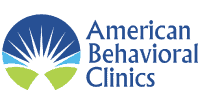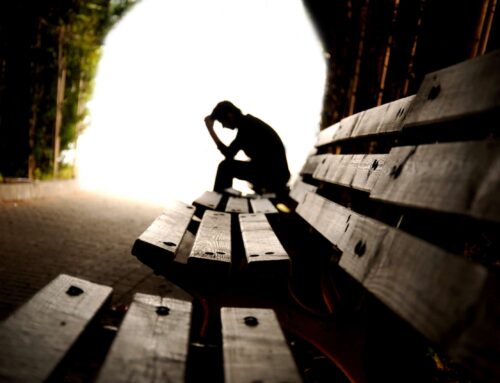
Many parents wonder if their child has an obsessive-compulsive disorder or is just going through a different childhood phase. For example, the child may insist on putting on their clothes in the same way daily and will take their clothes off and put them on again if they do it in the wrong order. Other children may wash their hands constantly because they are afraid of germs. As a parent, it can be so challenging to know. Yet, you must seek professional help if you think your child has an obsessive-compulsive disorder.
Approximately 1.5% of children under the age of 21 have obsessive-compulsive behavior, better known as OCD. While a child can develop it at any stage, studies show that it is more likely to develop in early and late childhood.
What is Obsessive-Compulsive Disorder?
OCD starts with a thought that is recurring, persistent, and unwanted. While it is not always the case, often the thoughts have a religious, sexual or aggressive element. That thoughts are so strong that the child feels compelled to act on them, interfering with their ability to live a normal life. While the thoughts are unwanted by the child, trying to avoid them causes stress and anxiety.
What Causes Obsessive-Compulsive Disorder?
Researchers are still not sure what causes OCD, but they know that it results in changes in several brain areas. Factors in the environment, especially traumatizing events, appear to be contributing factors. It can be complicated to diagnose a child with OCD because children often go through unusual stages when they do things for reasons no one can understand.
Is Help Available for Obsessive-Compulsive Disorder?
Yes, help is available for obsessive-compulsive disorder. A variety of treatment options may be available, including:
- Medication – Selective serotonin reuptake inhibitors may help stop the unwanted thoughts and allow the child to participate normally in daily activities. Many different drugs are available but know it can take some time to discover the one that meets your child’s needs.
- Therapy – Cognitive behavioral therapy, like Exposure and Response Prevention, helps some children and can be used with or without medication. These programs are individualized to the child, so it is crucial to work with a qualified professional.
- Support – A robust support system, including peer-support groups, can often help. Many people with OCD feel isolated, so your child must discover the value of a great support system.
Is Recovery From Obsessive-Compulsive Possible?
Children can absolutely receive treatment and live a normalized life in most situations. Many benefit from receiving additional education about the condition, which can also be an excellent place for parents to begin. Then, in some cases, therapy alone is enough to allow the child to lead a normal life. In other cases, the psychologist will recommend therapy and medication. Your child will also need a positive support system. The end result is that your child will recover and become resilient.
At ABC, we are here to support you. Contact our office today if you suspect your child has OCD.
Existing Patients and New Patients, Call us to schedule an appointment, get a prescription refill or just to ask a question:
New Patients ONLY - Want to contact us through a form? CLICK HERE to fill out our contact form.





